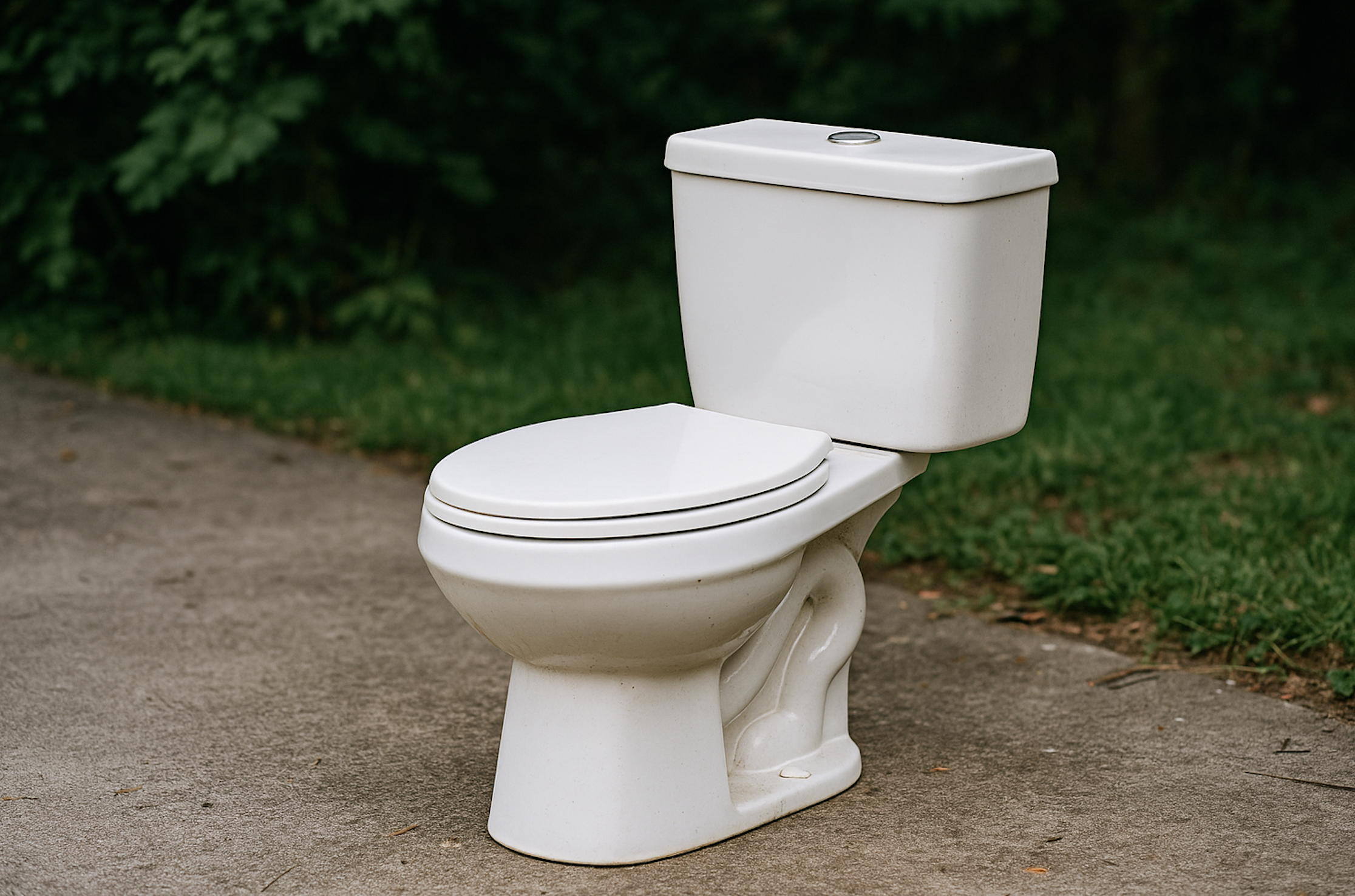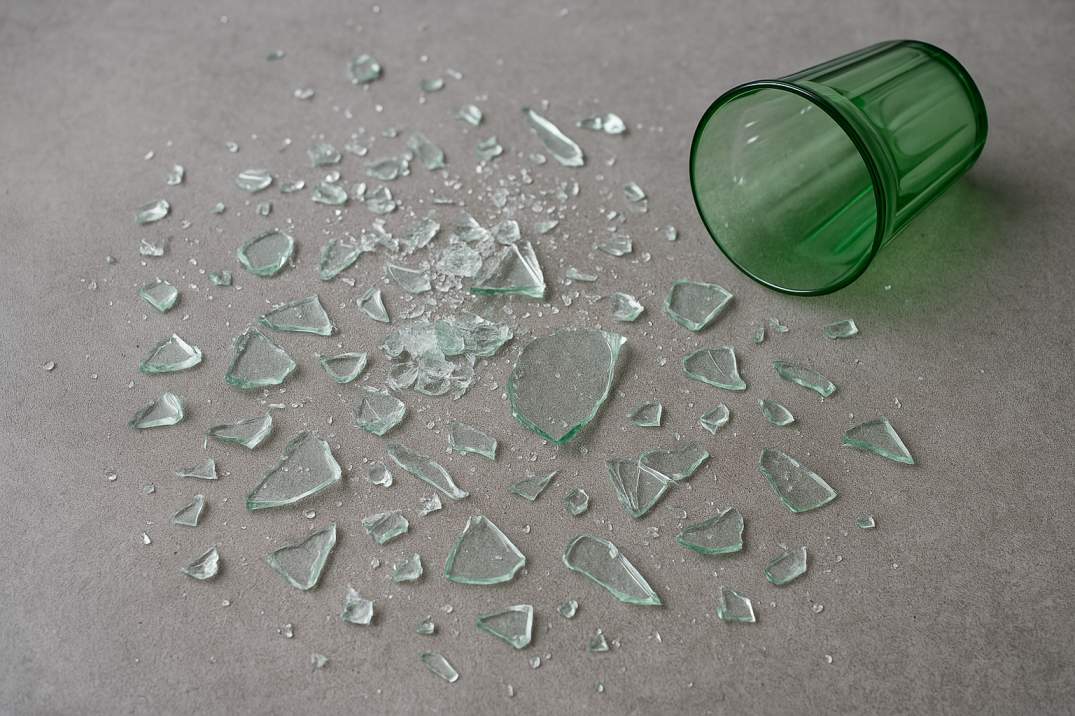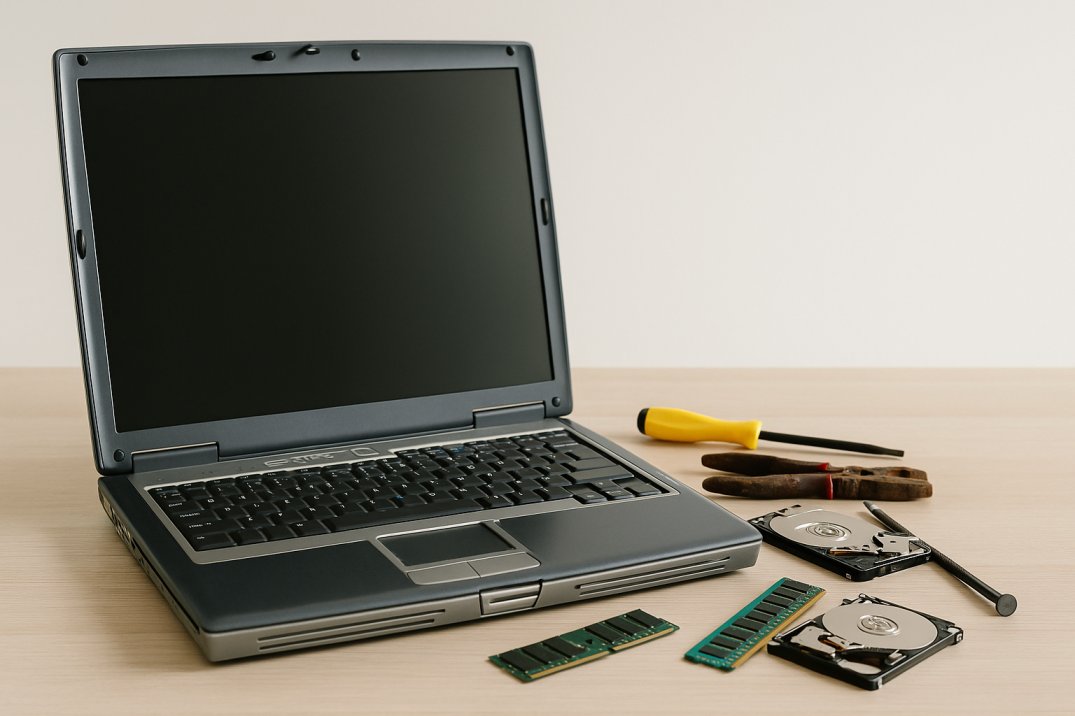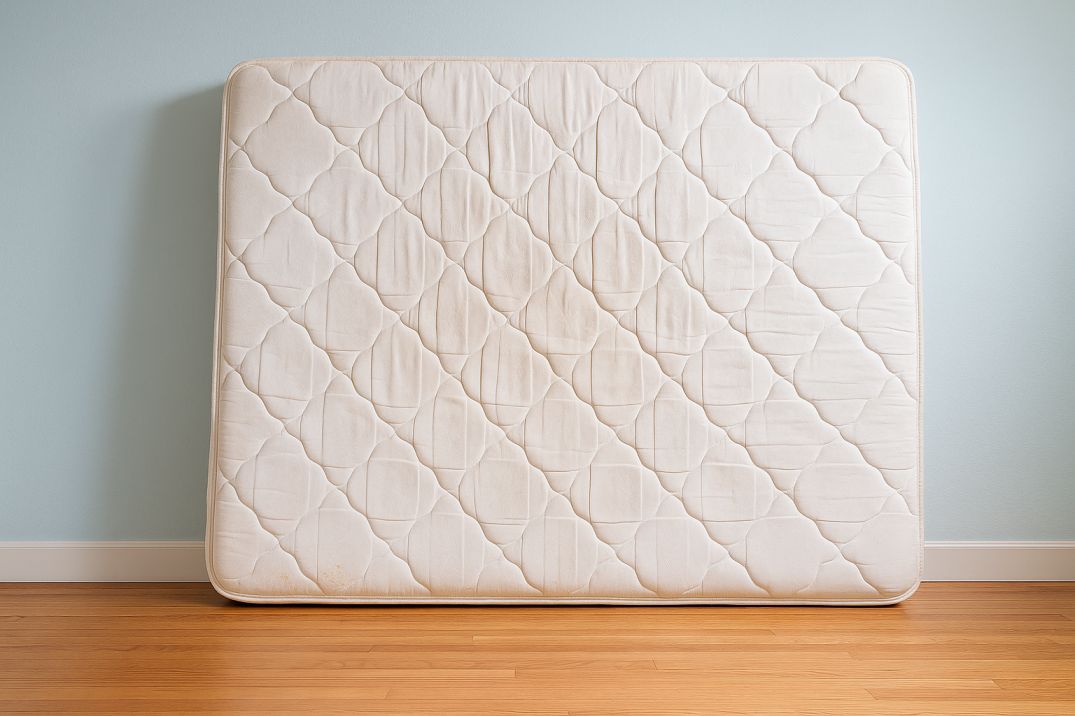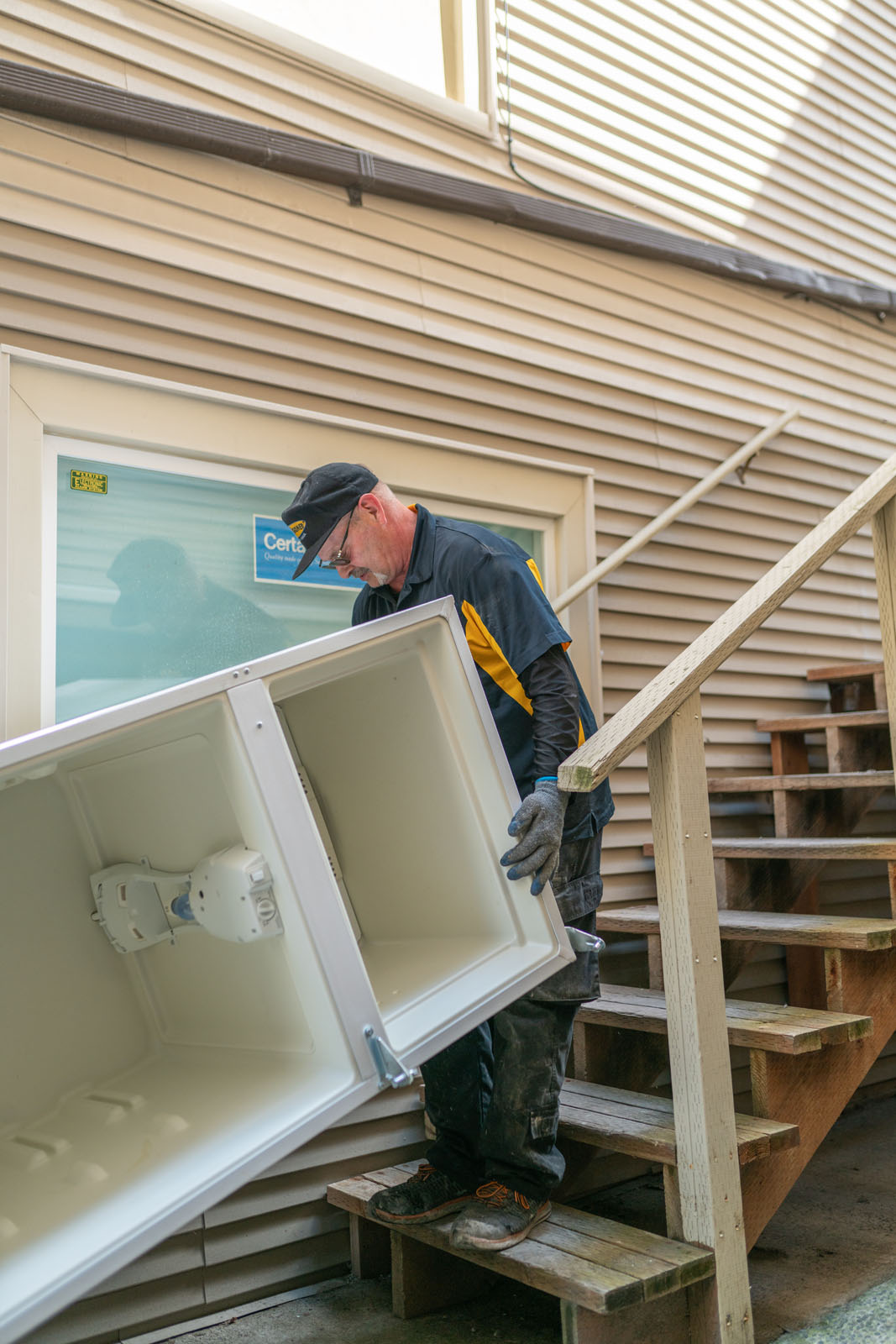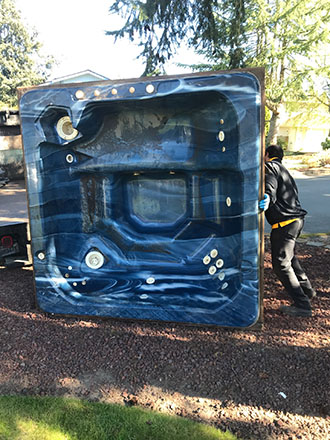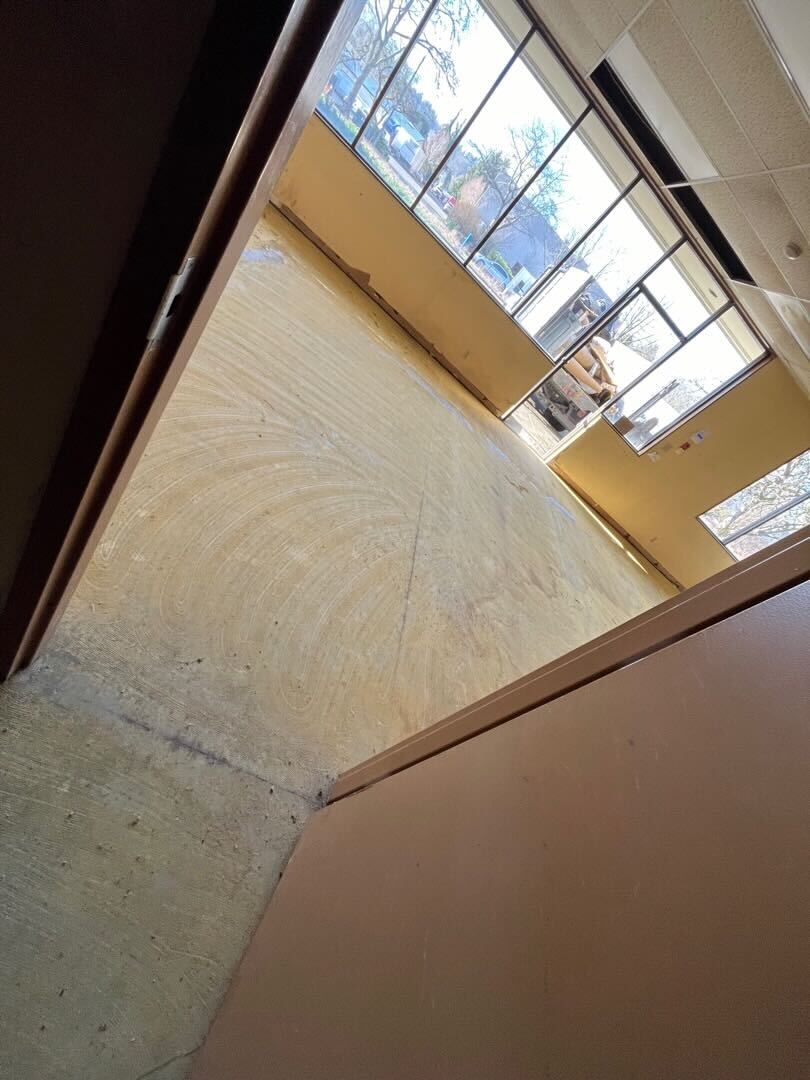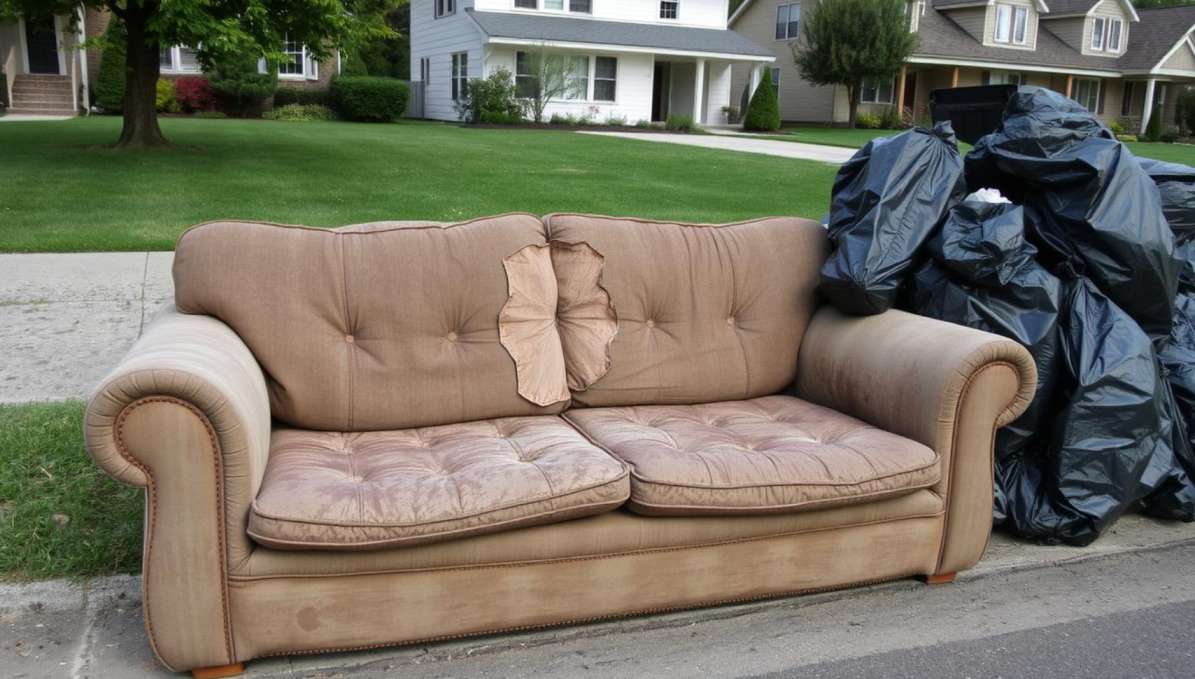When it comes to disposing of our mini-fridges, it’s not just about clearing out space or upgrading to a newer model; it’s a matter of environmental responsibility. These compact appliances, while convenient and essential in our daily lives, come packed with materials and chemicals that can harm the planet if not handled correctly. From the refrigerants that keep our drinks chilled to the insulation that maintains the temperature, mini-fridges contain substances that can contribute to ozone depletion and climate change if released into the atmosphere.
Proper appliance disposal ensures that harmful materials are recovered and managed in a way that minimizes their environmental impact. It also allows recyclable parts of the appliance, such as metals and plastics, to be reclaimed and reused, reducing the need for new raw materials and the energy required to produce them. By choosing to dispose of our mini-fridges responsibly, we contribute to a larger effort to protect our environment and promote sustainability.
So, as we make room for new appliances or simply declutter our spaces, let’s keep the health of our planet in mind. The choices we make can have a significant impact, and by opting for responsible disposal methods, we’re taking a step towards a greener, more sustainable world.
7 Signs you need to dispose of your fridge
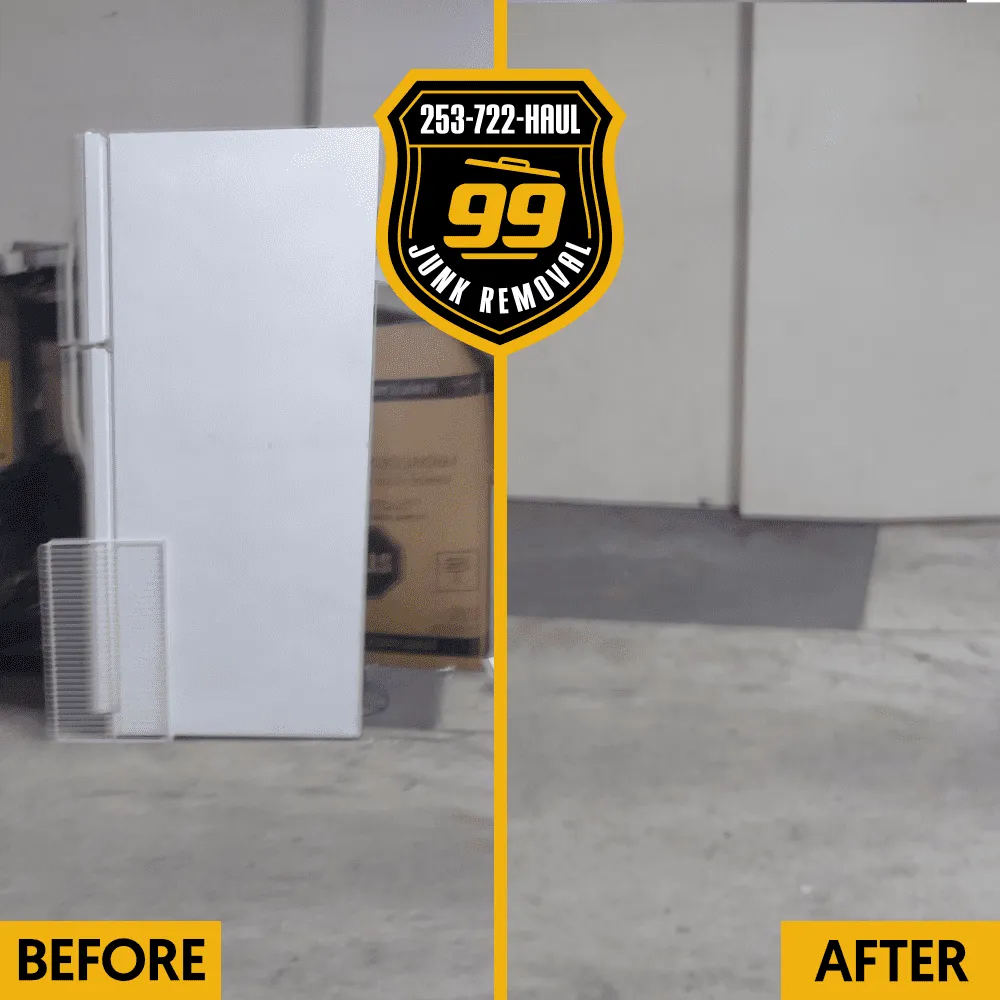
Just like your favorite comfy sneakers that have walked too many miles, your mini-fridge also has its own journey, filled with midnight snacks, refreshing drinks, and perhaps the occasional science experiment gone wrong in the back. But, there comes a time when even this steadfast companion shows signs of wear and tear, signaling it’s time for a change. Understanding these signals not only ensures your safety and efficiency but also marks an opportunity for a fresh start. Let’s explore the seven unmistakable signs that it’s time to retire your mini-fridge and welcome a new era in your home or office.
- Increased Energy Bills: If you’ve noticed a significant uptick in your energy bills, your old fridge could be the culprit. Older or malfunctioning appliances are far less energy-efficient compared to newer models.
- Overheating: The back of a fridge typically feels warm, but excessive heat is a sign of overworking. This not only poses a fire risk but also indicates your fridge is on its last legs.
- Excessive Noise: A fridge will make some noise during its normal operation, but loud, unusual sounds like knocking, buzzing, or hissing suggest serious issues with the appliance’s internals.
- Inconsistent Temperature: If your mini-fridge struggles to keep your items cold, or if you find it’s freezing your beverages even on moderate settings, its cooling system might be failing.
- Frequent Repairs: Constantly calling in a technician to fix your fridge? If the cost and frequency of repairs are climbing, it’s more economical to invest in a new one.
- Visible Rust or Condensation: External rust, especially on the door, can lead to seal issues, while excessive condensation inside indicates a malfunctioning cooling mechanism.
- Age: Most mini-fridges have a lifespan of about 10-14 years. If yours is older, its efficiency is likely diminished, making replacement a smart choice both for functionality and energy consumption.
Spotting these signs not only prevents potential hazards but also paves the way for making environmentally conscious decisions regarding its disposal. Whether through recycling, donating, or proper waste management, the end of your mini-fridge’s service can be the start of something positive, both for you and the planet.
10 Disposal Options for Your Mini-Fridge
When it’s time to say goodbye to your mini-fridge, you’ve got several options to consider for disposal. Each method emphasizes responsibility towards the environment and offers a practical solution depending on your circumstances. Here are 10 disposal options:
- Donate to Charities: If your mini-fridge is still in working order, consider donating it. Many charities, shelters, and thrift stores welcome functional appliances to aid those in need.
- Sell It: Utilize online marketplaces like Craigslist, Facebook Marketplace, or eBay. This option not only gives your mini-fridge a second life but also puts a little extra cash in your pocket .
- Recycling Programs: Look for local recycling programs specifically designed for electronic and appliance recycling. They can safely dismantle your mini-fridge, ensuring harmful refrigerants are properly handled.
- Professional Junk Removal Services: Companies specializing in eco-friendly junk removal and disposal can take care of your mini-fridge. They often ensure that your appliance is either recycled or disposed of in an environmentally responsible manner.
- Manufacturer Take-Back Programs: Some manufacturers offer take-back services where they’ll recycle your old appliance for free or a nominal fee, especially when you’re purchasing a new one from them.
- Municipal Bulk Trash Pickup: Many municipalities offer bulk trash pickup services that can handle larger items like mini-fridges. Check with your local waste management department for schedules and regulations.
- Utility Company Programs: Some utility companies run programs that collect old, inefficient appliances for recycling, sometimes offering a rebate or incentive for your participation.
- Local Scrap Metal Recyclers: If your mini-fridge is beyond repair, scrap metal recyclers may accept it. They can recycle the metal components, though you’ll need to ensure the refrigerant has been properly removed first.
- Appliance Repair Shops: Some shops might accept old appliances for parts or repair. This is a less common option but worth inquiring about.
- Community Environmental Programs: Look for community-run environmental programs or e-waste disposal days, which often include collection and proper disposal of small appliances like mini-fridges.
The key is to ensure that your mini-fridge is disposed of in a way that’s safe for the environment, adhering to any local regulations regarding appliance disposal. Whether it’s repurposing, recycling, or donating, each option offers a responsible solution for when it’s time to part ways with your mini-fridge.
How to Recycle a Mini Fridge?
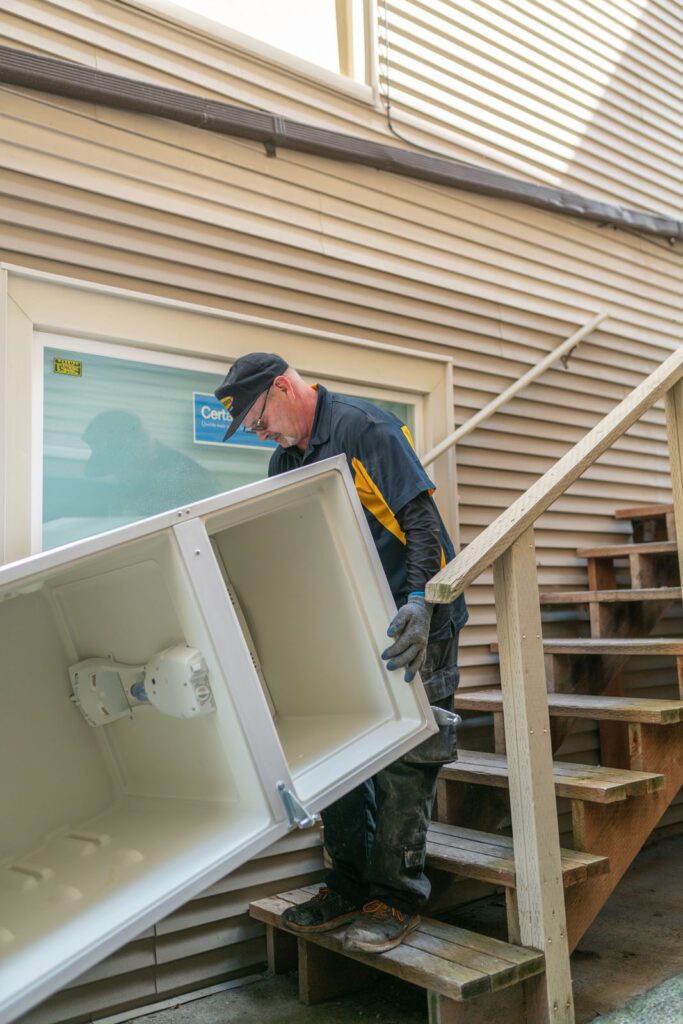
Recycling your mini-fridge is a fantastic way to ensure that it’s disposed of responsibly, minimizing environmental harm and possibly giving its components a new lease on life. Here’s how you can navigate the process:
1. Check for Recycling Programs
Start by researching local recycling programs that accept electronic appliances. Many municipalities have specific guidelines or designated days for electronic waste collection. Websites like Earth911 offer a searchable database to find nearby recycling centers based on the type of appliance.
2. Manufacturer Take-Back Programs
Some manufacturers run take-back programs, accepting old appliances for recycling, often free of charge. This not only ensures proper handling of hazardous components but might also offer you discounts on future purchases.
3. Utility Company Incentives
Utility companies sometimes offer incentives for recycling old, inefficient appliances. These programs can include pick-up services and might even provide a rebate as a thank you for participating in energy conservation efforts.
4. Donate If Still Functional
If your mini-fridge is still in good working order, consider donating it to charity, shelters, or through community sharing platforms. This way, it continues to serve a purpose while you upgrade to a more efficient model.
Key Components to Be Aware Of:
When recycling a mini-fridge, it’s important to understand that certain components, like the refrigerant and insulation, need to be handled with care due to their environmental impact. Professional recyclers or services will have the expertise to manage these components properly, ensuring that harmful substances are not released into the environment.
Recycling your mini-fridge not only contributes to a healthier planet but also aligns with a sustainable lifestyle. By choosing to recycle, you’re taking a step towards reducing waste, conserving natural resources, and supporting the circular economy.
Common Questions People Also Ask About Mini-Fridge Disposal
How can I dispose of my mini-fridge responsibly?
Disposing of a mini-fridge involves several eco-friendly options. You can donate it to local charities if it’s still in working condition, sell it online through platforms like Facebook or Craigslist, or contact appliance stores for recycling programs. For non-functional units, contacting a professional disposal service or waiting for a bulk trash pickup day are viable options. It’s essential to ensure the fridge is properly handled to avoid environmental harm due to hazardous components like refrigerants and insulation.
Can mini-fridges be recycled?
Yes, mini-fridges contain recyclable materials such as glass, plastic, and metals. However, certain parts like the compressor and insulation, which may contain harmful substances, require professional handling for proper disposal or recycling. It’s advisable to consult with local recycling centers or professional junk removal services that adhere to environmental regulations for safe recycling practices.
What should I consider before donating or selling my mini-fridge?
Before donating or selling your mini-fridge, ensure it’s in good working condition. Testing the appliance beforehand can save potential recipients the hassle of dealing with non-functional items. Additionally, older refrigerators may be less energy-efficient, so weigh the environmental impact of donating versus recycling. If selling, provide clear information and photos to attract buyers.
What are the regulations around disposing of appliances like mini-fridges?
Disposal regulations emphasize the importance of handling appliances responsibly to prevent environmental damage. Homeowners are urged to dispose of appliances at licensed recycling facilities. Specific regulations govern the removal of ozone-depleting substances and foam insulation in refrigeration units, mandating professional handling and disposal to avoid penalties.



